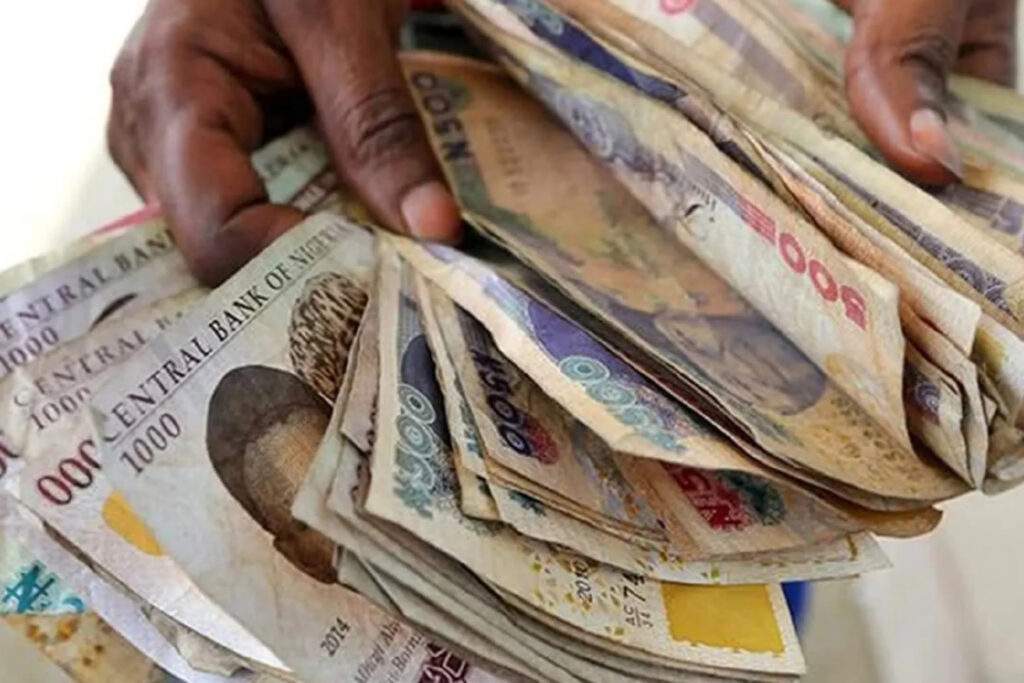As Nigeria grapples with relentless fluctuations in foreign exchange rates, the country’s foreign exchange reserves have contracted by a staggering $1.6 billion, dwindling to $32.97 billion, following the Central Bank of Nigeria’s endeavor to harmonize the nation’s foreign exchange rates.
The pivotal juncture emerged on June 14, when the apex bank unveiled new forex regulations mandating Deposit Money Banks to abolish the rate cap on the naira within the official Investors’ and Exporters’ Window of the foreign exchange market, thereby ushering in a era of unbridled fluctuation of the national currency against the dollar and other global currencies.
The aftermath has seen a palpable decline in both the naira and foreign currency reserves. Specifically, the country’s gross FX reserves stood at $34.62 billion as of June 15, only to dwindle significantly to $32.97 billion by December 1, 2023, according to recent data from the CBN.
The palpable inadequacy of foreign exchange reserves has been identified as a contributing factor to the FX crisis in Nigeria. The Economist Intelligence Unit, in its recent Africa Outlook report, highlighted Nigeria’s lack of sufficient FX reserves to underpin its exchange rate unification policy.
“In Nigeria, an unsupportive monetary policy implies that the naira will remain under pressure, while the central bank lacks the firepower to adequately supply the market or clear a backlog of foreign exchange orders, which will keep foreign investors unnerved. High inflation and a continued spread with the parallel market will destabilize the exchange rate regime and result in periodic devaluations,” the report stated.
Echoing this sentiment, Prof. Godwin Oyedokun from the Lead City University attributed Nigeria’s forex crisis to weak economic fundamentals, low foreign reserves, increased external debts, and a dual forex window. Furthermore, JP Morgan estimated Nigeria’s net FX reserves at a meager $3.7 billion, underscoring the ongoing pressures in the FX market.
Amidst these challenges, Dr. Olayemi Cardoso, the Governor of the Central Bank of Nigeria (CBN), vocalized concerns at the Chartered Institute of Bankers of Nigeria (CIBN) 50th-anniversary, acknowledging the detrimental impact of the fluctuating exchange rates on business growth. He pledged transparency and fairness in the performance of the bank’s functions, expressing confidence in implementing corrective measures and strategic interventions to restore macroeconomic stability and address underlying flaws.
